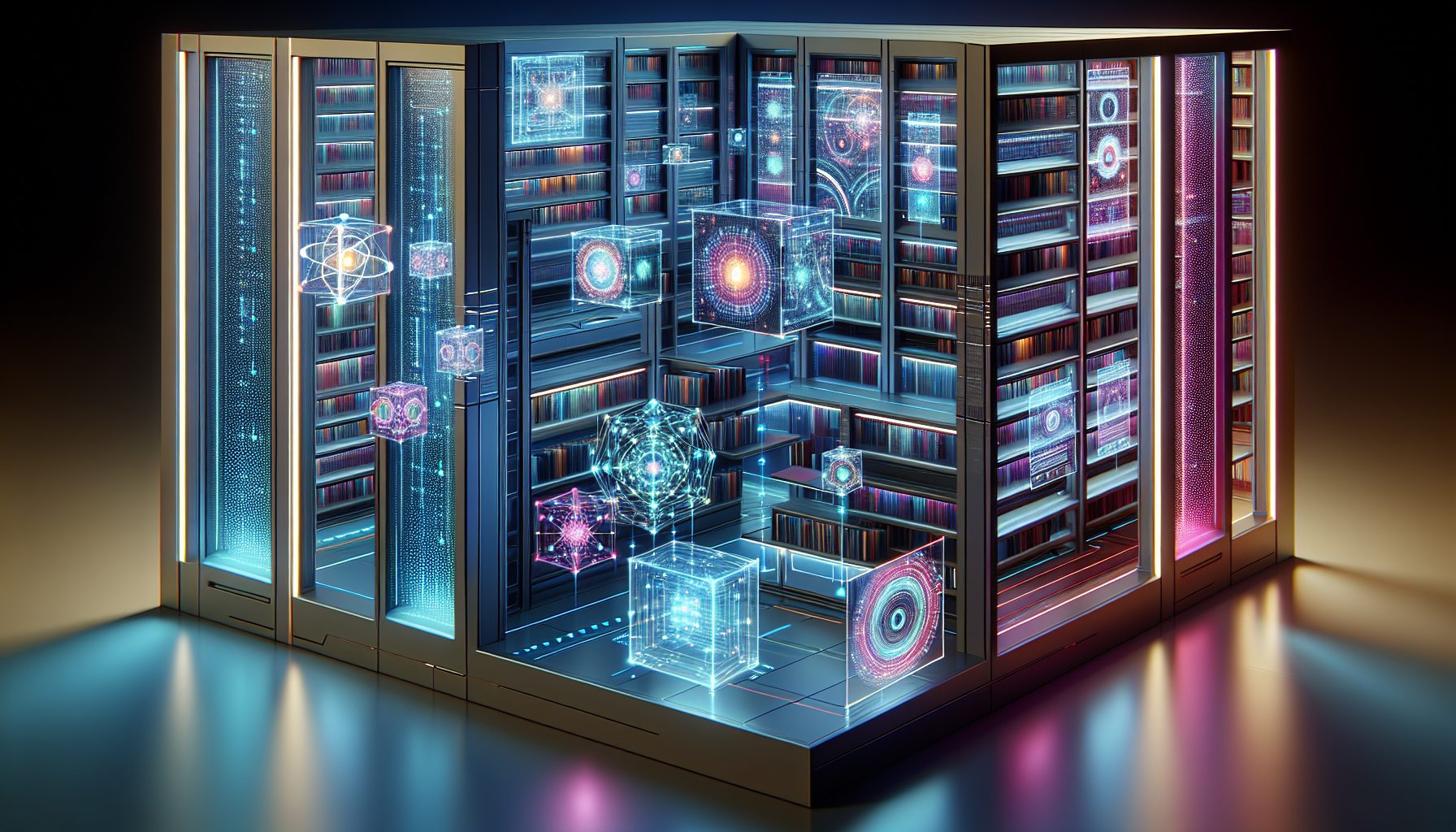Elon Musk’s xAI has unveiled a massive data center in Memphis, Tennessee, to power its AI project, Grok chatbot. The development has sparked environmental concerns due to its high resource consumption and potential pollution. The data center requires one million gallons of water daily and enough electricity to power 100,000 homes annually.
It is primarily powered by methane generators, raising significant environmental and health concerns among the local community and environmental advocates. Musk has not made a public appearance regarding the project, and officials from the local utility who were briefed on it have signed nondisclosure agreements, according to the utility’s spokesperson. The announcement of the data center in June came with little notice, catching members of the City Council, environmental agencies, and the community off guard.
The limited oversight and rushed execution of this project have allowed xAI to bypass certain environmental regulations, posing potential risks to the surrounding communities.
Environmental impacts of xAI’s data center
“Southwest Memphis is ground zero,” says Garcia from the Southern Environmental Law Center.
The high demand for energy from the data center will add to the pollution burden of an already overstrained community. The Southern Environmental Law Center estimates that the methane gas generators can emit around 130 tons of pollutants annually, without the requisite air permits from the Shelby County Health Department and the Environmental Protection Agency. The primary function of xAI’s Grok chatbot is generating deepfake images and other AI-driven content, which some critics argue is of questionable value.
Musk has promoted Grok as “the most fun AI in the world,” but its notoriety for creating controversial images has raised eyebrows. Critics argue that while technology holds the promise of improving lives, the emphasis on AI like Grok overshadows more substantive technological advancements. They call for stricter regulation and more responsible use of resources, urging a focus on building technologies that genuinely benefit society without compromising environmental integrity.
Environmental advocates and community members hope that increased scrutiny and regulation will lead to more responsible development, balancing technological advancements with environmental sustainability.









